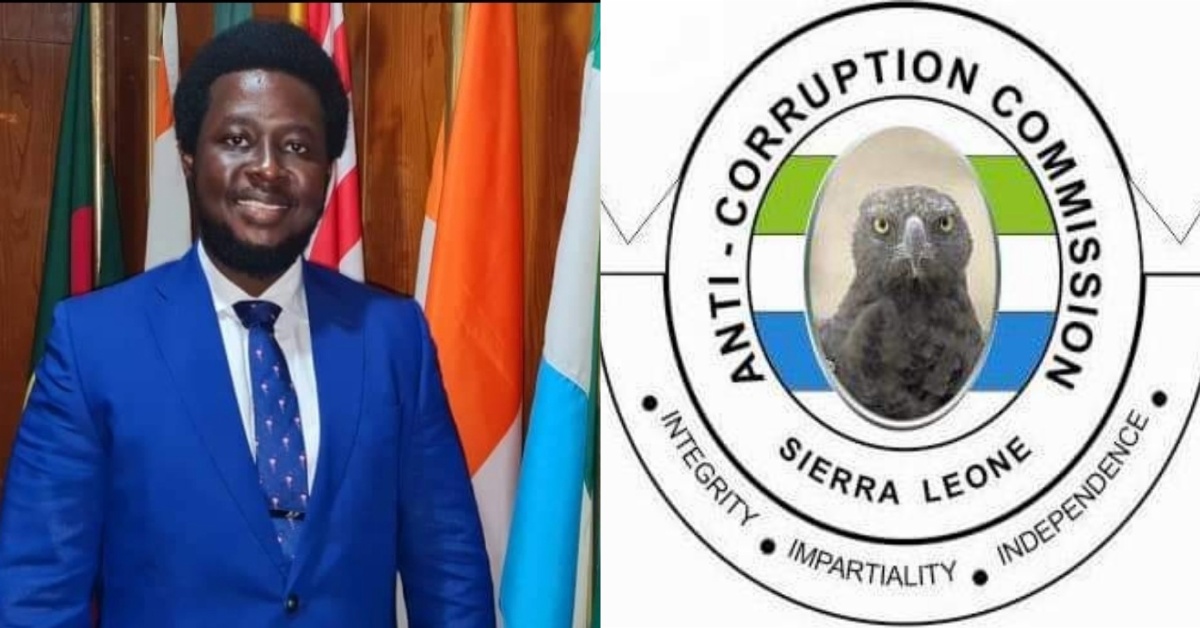The recent decision by the Anti-Corruption Commission (ACC) to conclude its investigation into the gifts of three SUVs to former Chief Immigration Officer Andrew Jaiah Kaikai without prosecuting him has sparked considerable public debate. While the ACC claims that the case did not meet its prosecutorial threshold, this explanation has left many questioning what exactly this threshold entails and why it appears to be applied inconsistently.
The concept of a prosecutorial threshold is not inherently problematic. In fact, it is necessary to ensure that resources are allocated efficiently and that only cases with a reasonable prospect of conviction are pursued. However, the ACC has repeatedly failed to clearly define what this threshold is, leading to widespread suspicion that the criteria are subjective and potentially influenced by political considerations.
This latest case is not the first instance where the ACC has decided not to prosecute a government official or party loyalist, citing failure to meet this elusive threshold. The public has a right to know the specific factors that determine whether a case proceeds to prosecution. Is it the strength of the evidence? The severity of the alleged offence? The potential impact on public trust? Without a transparent and consistent explanation, the ACC’s decisions are left open to interpretation and skepticism.
Public perception of the ACC’s actions is crucial, particularly in a context where corruption is a significant concern. The decision not to prosecute political allies has been perceived negatively by many. This is exacerbated by instances where individuals without political connections have been charged on seemingly lesser allegations. To many, it appears that cases involving non-party affiliates somehow always meet this mysterious prosecutorial threshold.
This perceived inconsistency undermines public trust in the ACC and its mandate to combat corruption impartially. It fuels a narrative that the ACC is selective in its prosecutions, possibly shielding those with political influence while targeting less connected individuals.
The ACC must take immediate steps to address these concerns. Firstly, it needs to provide a clear and detailed explanation of what constitutes its prosecutorial threshold. This should include the specific criteria used to assess cases and the process by which these criteria are applied. Transparency in this area will help the public understand the ACC’s decision-making process.
Secondly, the ACC should embark on a robust public education campaign to explain the importance of compliance with asset declaration laws and the nuances of its investigative processes. This campaign should aim to demystify the ACC’s work and engage with the public to build trust and confidence in its operations.
The fight against corruption is too important to be undermined by perceptions of bias and inconsistency. The ACC must act now to ensure that its actions are beyond reproach and that it truly serves the interests of justice and the people of Sierra Leone.
Source: Sierra Eye











